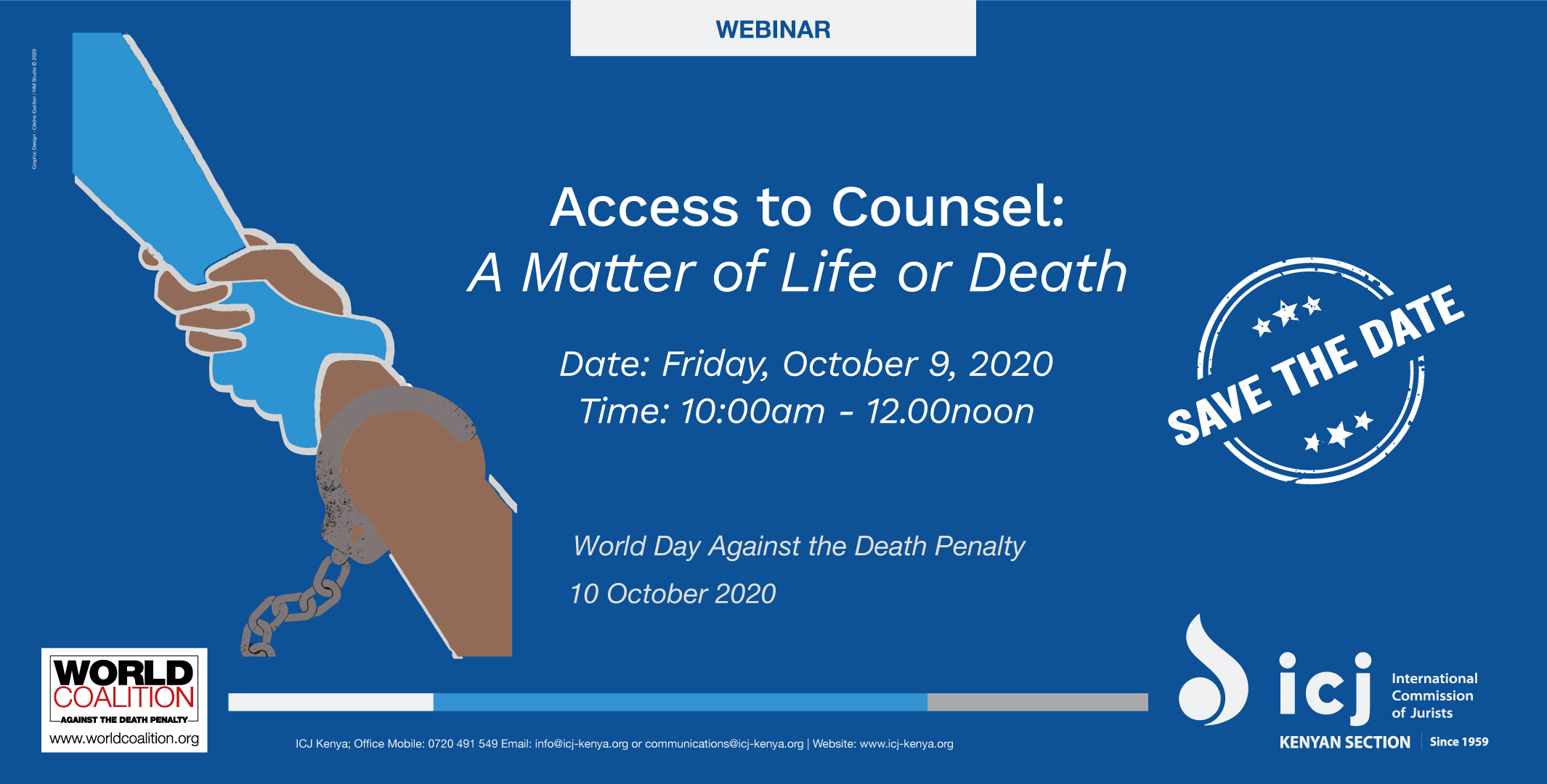As we grapple with the now predictable trend of massive wastage of public resources through public procurement, open contracting is one of the tools that we can use to enhance transparency and accountability in the processes and also allow for monitoring of the procurement process by citizens, other businesses, civil society actors, the media and any other non-state actors.
What is open contracting? Open contracting is about following the money across the entire chain of the public contracts from their planning to their tendering and award and delivery and implementation.[1] Here are a few facts on open contracting and why it is essential.
Kenya has made commitments to implement open contracting in the public procurement process. To enable the provision of all the information, we also have a Public Procurement Information Portal (PPIP). In partnership with Africa Freedom of Information Centre (AFIC), ICJ Kenya has conducted two mappings of the PPIP to determine its compliance with the Open Contracting Data Standard. The first mapping was in 2018, and the second was in early 2020; although the PPIP was upgraded in 2019, both mappings have found that crucial information on procurement is still not disclosed. Similarly, the portal’s information is disclosed after the procurement has happened, making it hard to monitor the process and raise queries on a real-time basis. Here are the findings of the mapping. (Find the OCDS mapping report here).
Given the ongoing outrage on the possible misappropriation of COVID-19 pandemic response funds through manipulating procurement processes, it is essential to note that we have the right laws and policies to curb such misappropriation. However, we need those laws and policies to be implemented in their letter and spirit. We need public officers who recognize the responsibilities that Kenyans have entrusted them with and their obligation to exercise their powers in good faith. We need public officers who recognize the values binding on us as a nation under Article 10 of the Constitution, the values of public finance management under Article 201 and public service principles under Article 232.
Public service is not an opportunity to enrich oneself; instead, it is an opportunity to serve Kenyans and safeguard Kenyans’ interests. Unfortunately, no amount of legislation or policy will help us unless we change the culture of greed, self-interest, and self-advancement amongst public officials, we have entrusted with implementing those laws and policies.
Jane Muhia serves as the Programme Officer, Economic Governance, Democratic Governance, and Rule of Law Programme.
[1] https://www.open-contracting.org/what-is-open-contracting/ (Accessed 21.08.2020)









